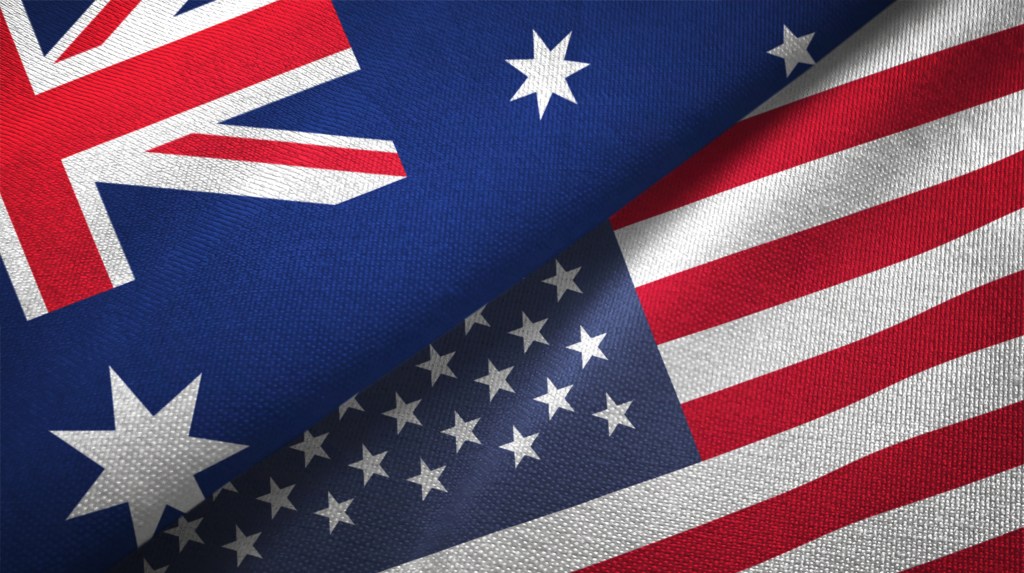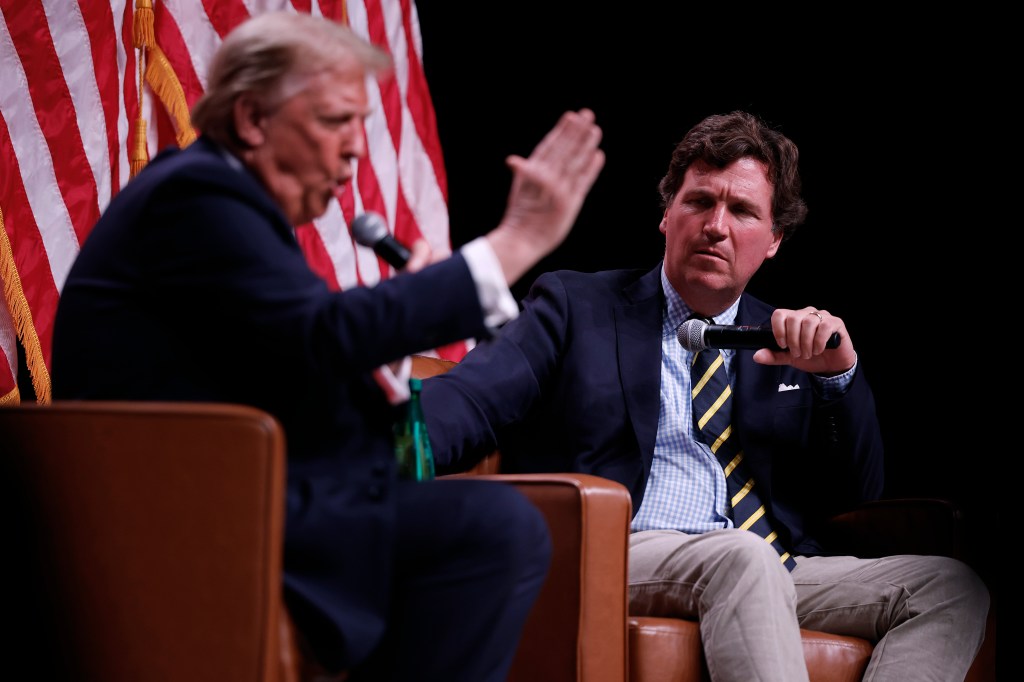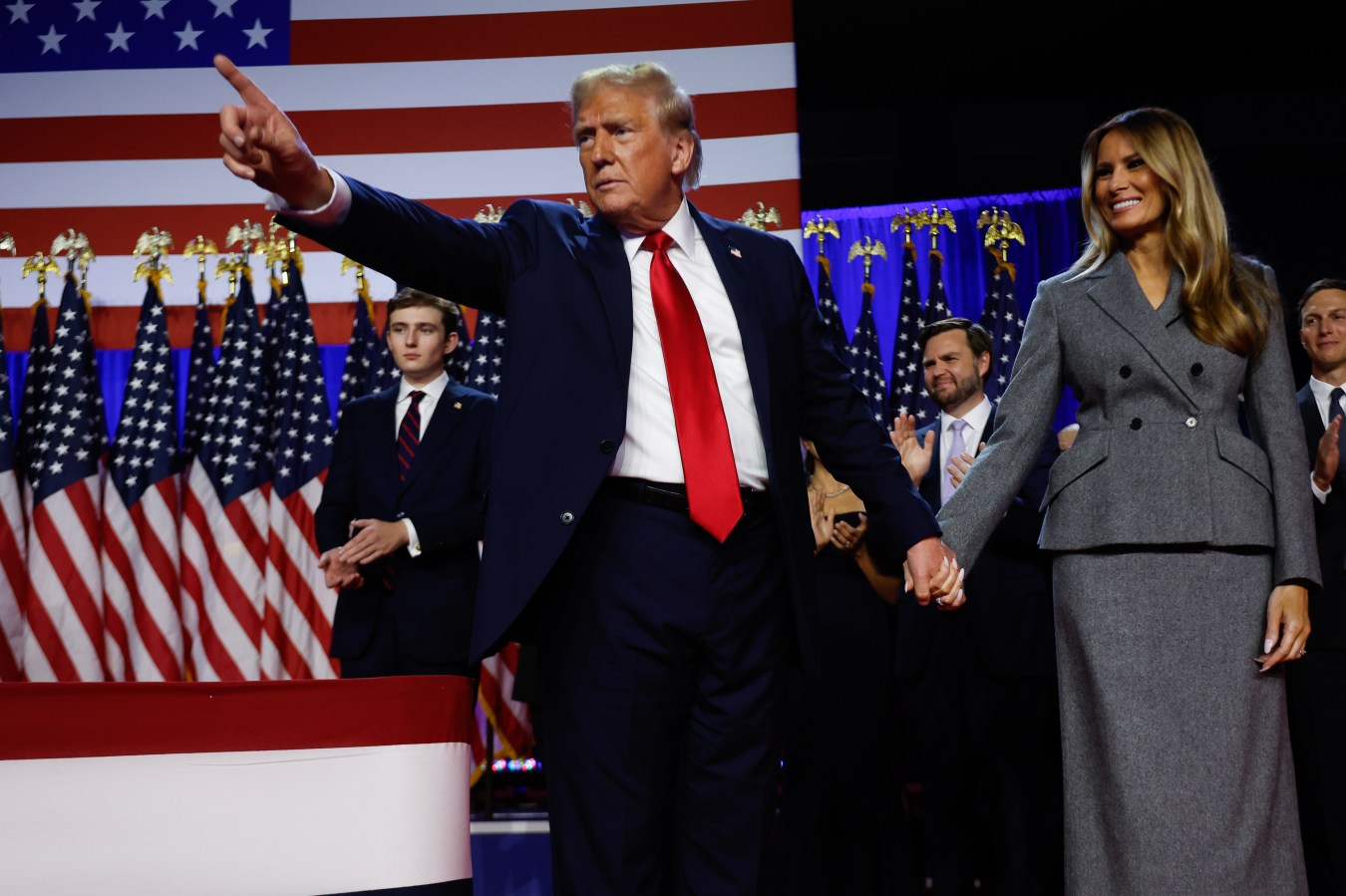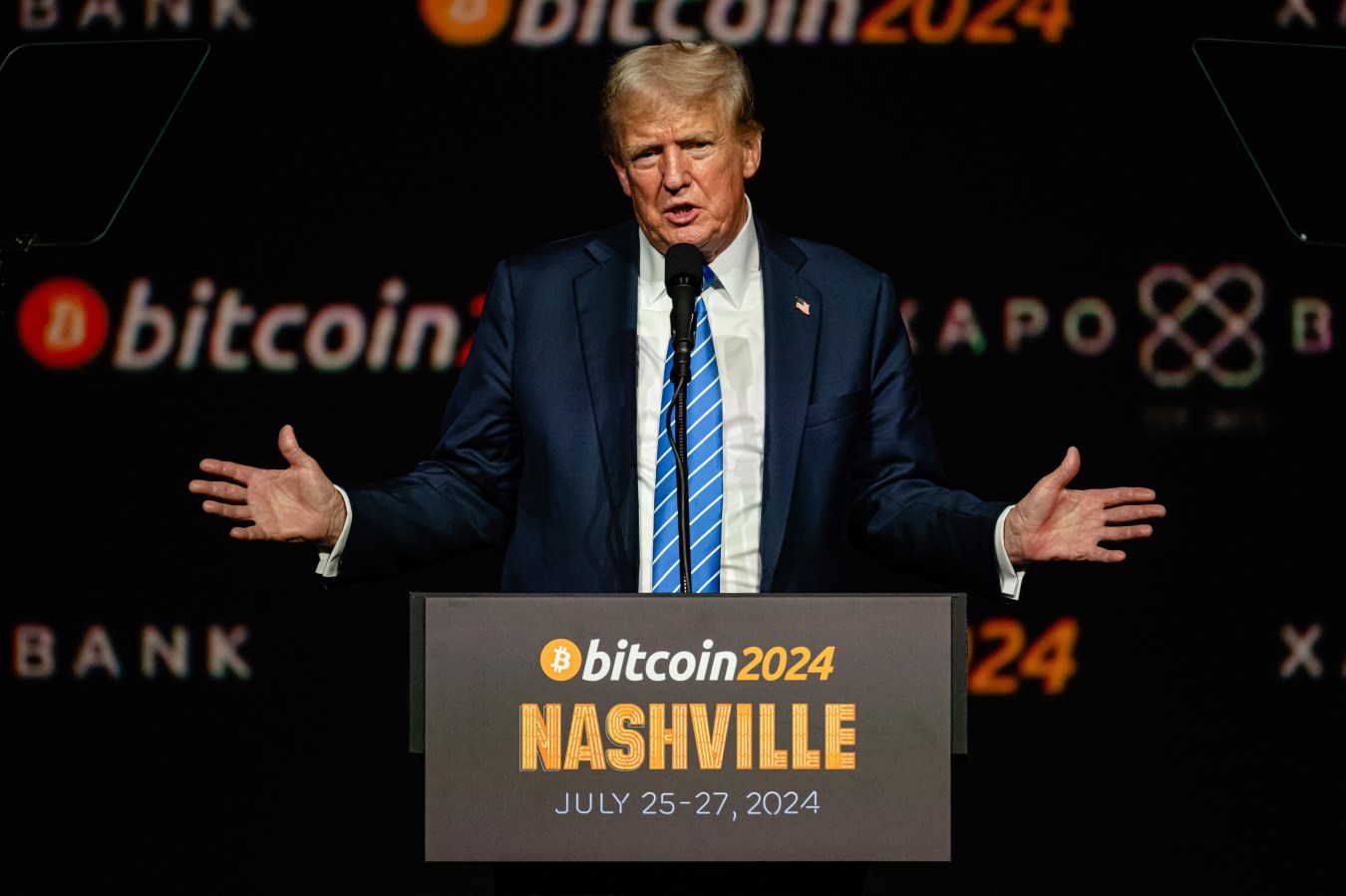As the dust settles on the US election and the world prepares for Donald Trump’s return to the Oval Office in January, economists weigh in on how the Australian economy may be impacted.

The Australian economy is vulnerable to trade wars that may occur under a Trump Presidency, AMP’s chief economist warns.
“The return of Donald Trump to the US presidency brings the prospect of more US tax cuts and deregulation, but also more tariff hikes and trade wars and policy uncertainty,” AMP chief economist Shane Oliver tells Forbes Australia. “Australia is vulnerable to an intensification of trade wars. And this time around, Trump’s proposed tariffs are far bigger than what we saw in 2018.”
Five to six times larger than in his first term, AMP advises. A Republican-held Congress means little will likely be done to curtail the expansion of tariffs. Other countries are expected to respond in kind, leading to a trade war.
“It could end up being a lot more threatening to US shares via the hit to the economy. As other countries retaliate (with reports that Europe is planning to hit back quickly) it will likely mean more upwards pressure on US bond yields and the US dollar. A global trade war would be bad news for the Australian economy, particularly via its impact on China,” warns Oliver.
AMP advises that Trump winning this election was not the surprise it was in 2016 and cautions investors to take a long-term view. The rise in US shares is a ‘knee-jerk’ reaction Oliver says and Australians should take a long-term view.

“Trump with Republican control of Congress means tax cuts and deregulation which may initially be good for shares, but tariffs and potentially higher labour costs from his immigration policies will be drags, so it depends on which policies Trump focuses on first.”
NAB Group Economics issued a report on the economic implications of the US election in October 2024.
“Trump has flagged large increases in tariffs, increased border security as well as ‘mass’ deportations, although we think the latter will be difficult in practice,” NAB wrote in its October economic statement. “While these may represent negotiating positions and could be scaled back, these policies would reduce economic growth, although there could be an offset if fiscal policy was to turn stimulatory.”
NAB sees a Trump Presidency as potentially leading to an increase in inflation that the US is battling to curb.
“Trump’s desire to have a role in the conduct of monetary policy is possibly highly consequential – and risks a permanent shift higher in inflation (and interest rates). While we think the likelihood that he will be able to carve out such a role is low, even the attempt to do so could be damaging. The Fed could react to any doubts over its independence by being more hawkish than it otherwise would,” NAB states.
Albanese congratulates Trump
PM Albanese congratulated Trump on the evening of the election when it became clear Harris did not have a path to win.
“Our government will work closely with the new Trump Administration to realise the benefits of our strong economic partnership,” Albanese stated. “I look forward to talking with President Trump and working with him in the best interests of both our nations.”
Former Prime Minister Scott Morrison also weighed in on a second Trump Presidency.
“Donald Trump, who is like unlike any other politician you will ever come across … I think what he brings now is an assertiveness and a strength to the role, which I think will have a very positive impact on global security issues,” Morrison told ABC News.
RBA update on Australian economic conditions
The election decision comes on the heels of the Reserve Bank of Australia stating that it would not cut interest rates despite a reduction in inflation.

“Taking account of recent data and the updated forecasts, the Board’s assessment is that policy is currently restrictive and working broadly as anticipated. But there are uncertainties,” the RBA advises in its bi-monthly statement.
The RBA Board will leave the cash rate target unchanged at 4.35 per cent and is committed to inflation returning to its target sustainably. That is expected to take 18 months.
“The forecasts published in today’s Statement on Monetary Policy do not see inflation returning sustainably to the midpoint of the target until 2026,” the RBA states.
Look back on the week that was with hand-picked articles from Australia and around the world. Sign up to the Forbes Australia newsletter here or become a member here.


